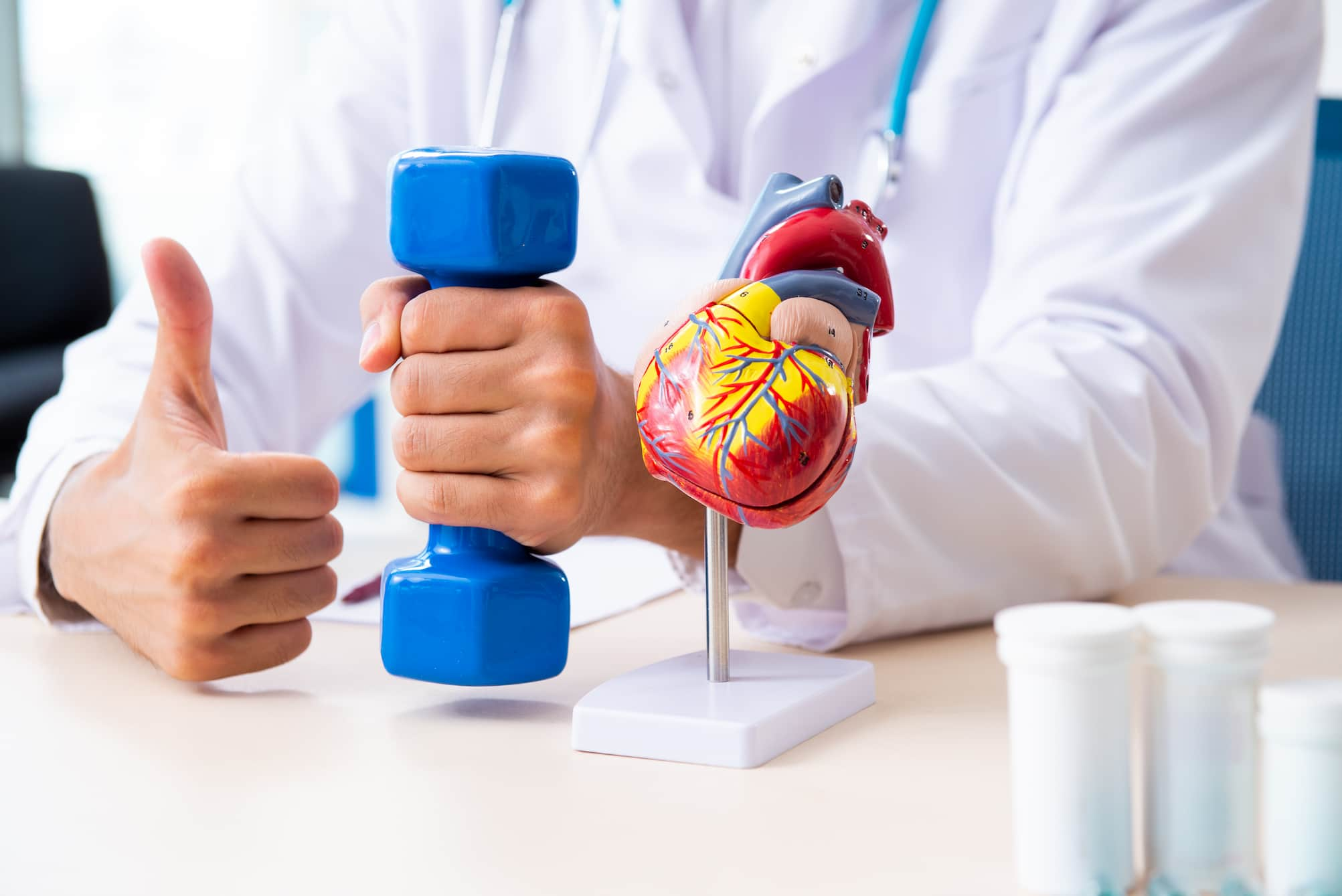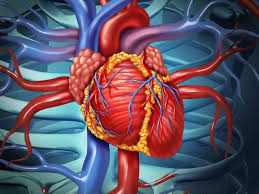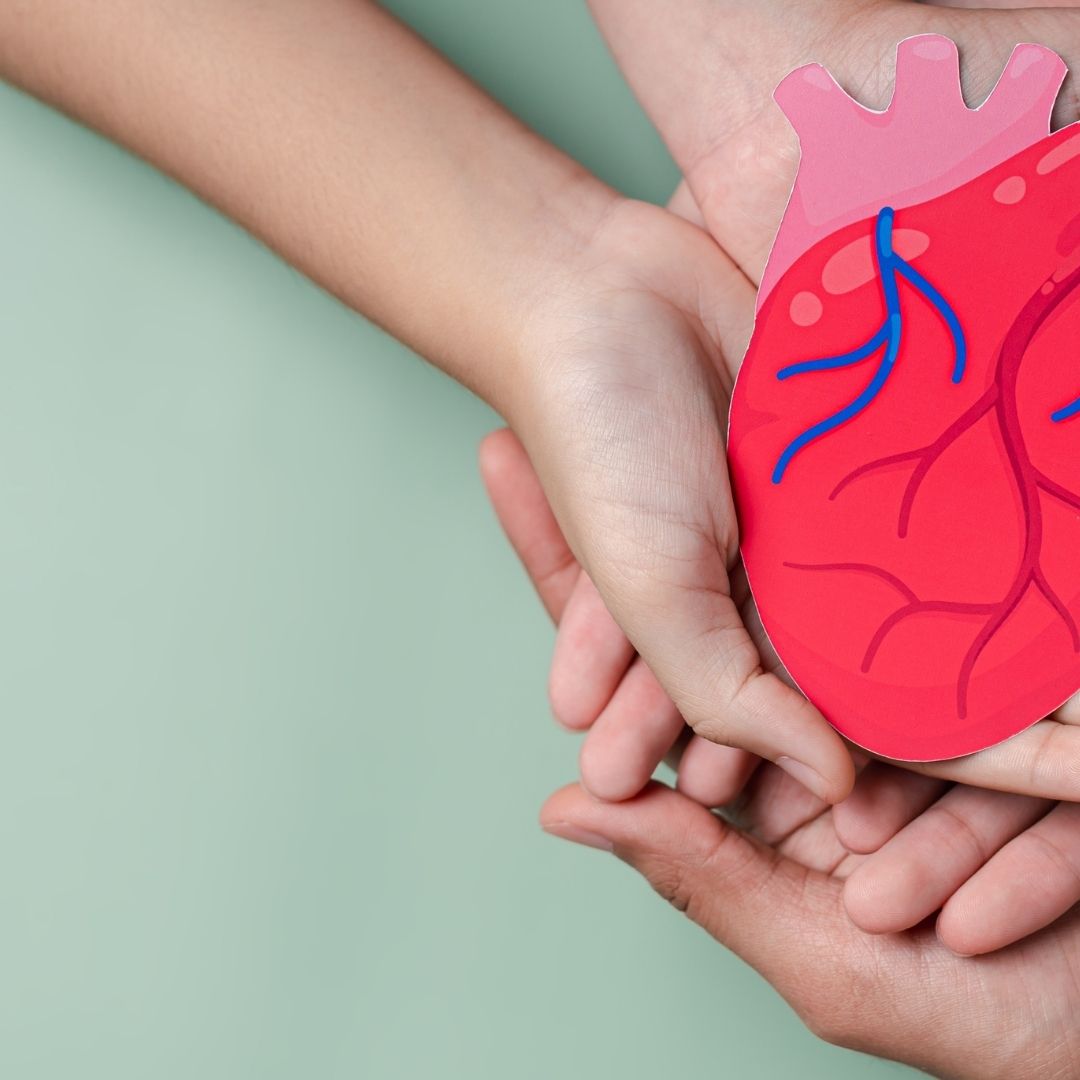
The Benefits of Cardiac Rehabilitation
Heart disease remains the leading cause of death globally. It affects millions of people each year, with a majority of cases being preventable. Maintaining a healthy lifestyle can help prevent heart disease, but for those already affected, cardiac rehabilitation can help improve their quality of life.
Cardiac rehabilitation is a medically supervised program designed to improve heart health in people with heart disease, those who have undergone heart surgery, and those recovering from a heart attack. This program is a combination of physical activity, education, and counseling to help individuals manage their condition and improve their overall heart health.
What Is Cardiac Rehabilitation?
Cardiac rehabilitation is a medically supervised program designed to improve heart health in people with heart disease, those who have undergone heart surgery, and those recovering from a heart attack. The program involves a combination of physical activity, education, and counseling to help individuals manage their condition and improve their overall heart health.
The goal of cardiac rehabilitation is to help individuals achieve and maintain a healthy lifestyle by improving their heart health. The program is tailored to the individual’s specific needs and may include a variety of activities, such as aerobic exercise, strength training, and stretching. Additionally, education and counseling are provided to help individuals learn about their condition, understand their treatment options, and make healthy lifestyle choices.
Cardiac rehabilitation is a comprehensive program that provides numerous benefits to individuals with heart disease. It has been shown to improve heart function, reduce the risk of future heart-related events, and lower blood pressure and cholesterol levels. Additionally, cardiac rehabilitation can help individuals increase their physical activity levels, cope with the emotional stress associated with heart disease, and improve their overall quality of life. By participating in cardiac rehabilitation, individuals can take an active role in managing their condition and improving their heart health.

What are the Benefits of Cardiac Rehabilitation?
Improve Heart Health: The primary benefit of cardiac rehabilitation is to improve heart health. The exercise portion of the program helps patients increase their cardiovascular endurance, strength, and flexibility. Additionally, cardiac rehab can help lower blood pressure, reduce cholesterol levels, and improve overall heart function.
Prevent Future Heart Issues: Cardiac rehabilitation can significantly reduce the risk of future heart-related issues, such as another heart attack or heart failure. By improving heart health and addressing underlying risk factors, such as high blood pressure or high cholesterol, patients can reduce their risk of future heart problems.
Enhance Quality of Life: Recovering from a heart-related issue can be challenging both physically and emotionally. Cardiac rehabilitation provides patients with a supportive environment to help them regain their strength and confidence. By improving heart health, patients can resume daily activities with more ease, leading to a better quality of life.
Provides Education and Support: Cardiac rehabilitation programs include education on heart health, nutrition, and lifestyle changes to improve heart health. Patients also have access to support from healthcare professionals, including nurses, physical therapists, and dietitians, who can answer questions and provide guidance throughout the recovery process.
Cost-Effective: Studies have shown that cardiac rehabilitation can be cost-effective. By improving heart health and reducing the risk of future heart issues, patients may require fewer hospitalizations and medical interventions, leading to cost savings.
What Are the 5 Main Components of Cardiac Rehabilitation?
The 5 main components of cardiac rehabilitation include:
Exercise training: This component focuses on physical activity and exercise to improve cardiovascular endurance, strength, and flexibility. Exercise training can be tailored to each patient’s needs and abilities, and typically includes aerobic exercise, resistance training, and flexibility exercises.
Education: This component provides patients with information on heart health, including risk factors for heart disease, nutrition, and lifestyle changes to improve heart health. Education can be delivered through individual sessions, group classes, or online resources.
Counseling and psychological support: Recovering from a heart-related issue can be challenging both physically and emotionally. Counseling and psychological support can help patients cope with anxiety, depression, and other emotional challenges that may arise during recovery.
Medication management: Medications may be prescribed to manage underlying heart conditions or risk factors, such as high blood pressure or high cholesterol. Cardiac rehabilitation programs can help patients understand how to take medications as prescribed and manage potential side effects.
Follow-up care: Follow-up care ensures that patients continue to receive the necessary support and monitoring to maintain heart health. This component may include regular check-ups with healthcare professionals, ongoing exercise and lifestyle recommendations, and support to manage any ongoing health issues. Additionally, some cardiac rehabilitation programs may also offer other components, such as:
Smoking cessation: Smoking is a significant risk factor for heart disease. Cardiac rehabilitation programs may offer support and resources to help patients quit smoking.
Nutritional counseling: Proper nutrition is essential for heart health. Some cardiac rehabilitation programs may offer nutritional counseling to help patients make healthy food choices and improve their overall diet.
Stress management: Stress can contribute to heart disease and can also make it more challenging to recover from a heart-related issue. Some cardiac rehabilitation programs may offer stress management techniques, such as relaxation training, meditation, or mindfulness practices.
Weight management: Maintaining a healthy weight is essential for heart health. Cardiac rehabilitation programs may provide resources and support to help patients achieve and maintain a healthy weight.
Does Cardiac Rehab Improve Quality of Life?
Cardiac rehabilitation has been shown to improve the quality of life of individuals with heart disease. Studies have found that cardiac rehabilitation can improve overall health, increase physical activity levels, and reduce symptoms of depression and anxiety. Additionally, cardiac rehabilitation can help individuals return to their daily activities, including work, hobbies, and social activities.
Cardiac rehabilitation also provides emotional support to individuals with heart disease, including counseling and support groups. This emotional support can help individuals cope with the emotional stress associated with heart disease and improve their overall quality of life.
The Study of Cardiac Rehabilitation
A recent study conducted by the American Heart Association followed over 1,000 participants who completed a cardiac rehabilitation program. The study found that participants who completed the program experienced significant improvements in their cardiovascular endurance, lower blood pressure, and reduced cholesterol levels. Moreover, the study showed a 30% reduction in the risk of future heart-related events among those who participated in cardiac rehabilitation compared to those who did not.
Healthy Türkiye Notes
Maintaining a healthy lifestyle is critical for improving heart health and preventing heart disease. However, for those already affected by heart disease, cardiac rehabilitation is an essential component of their treatment plan. Cardiac rehabilitation provides numerous benefits, including improved heart health, increased physical activity, emotional support, better quality of life, and prevention of future heart-related events. By participating in cardiac rehabilitation, individuals can take an active role in managing their condition and improving their overall heart health.




